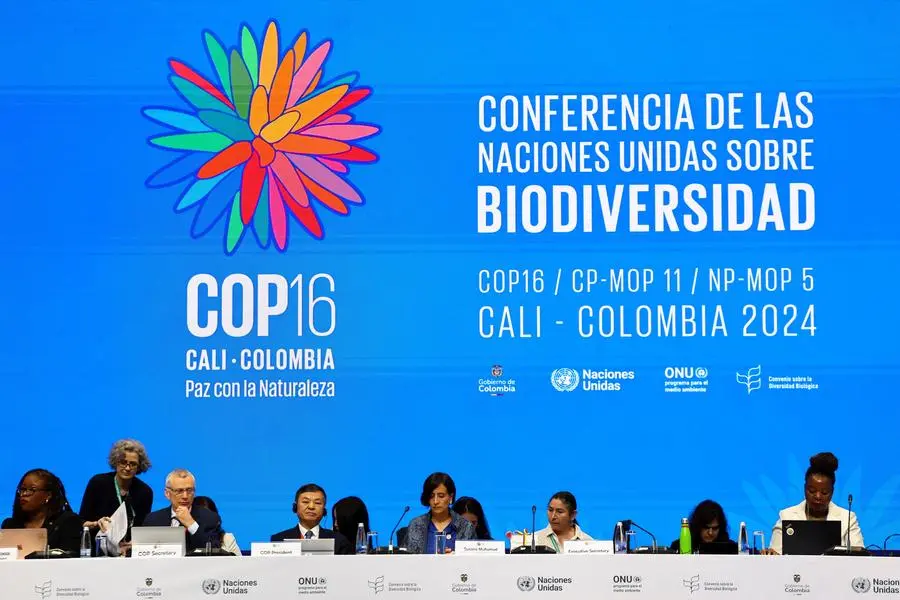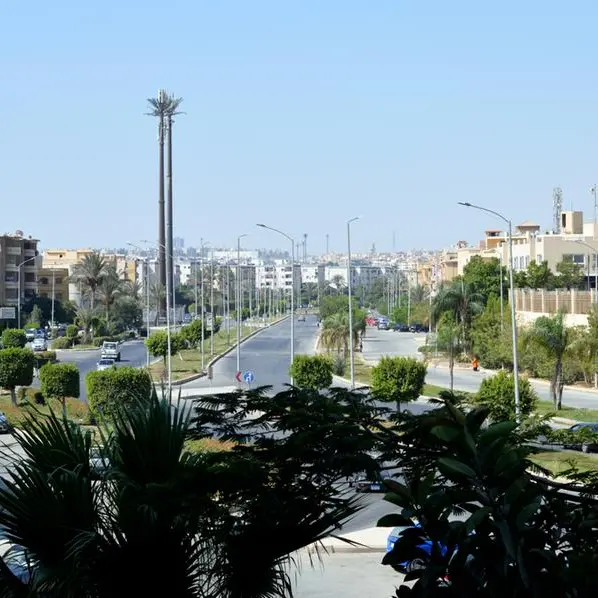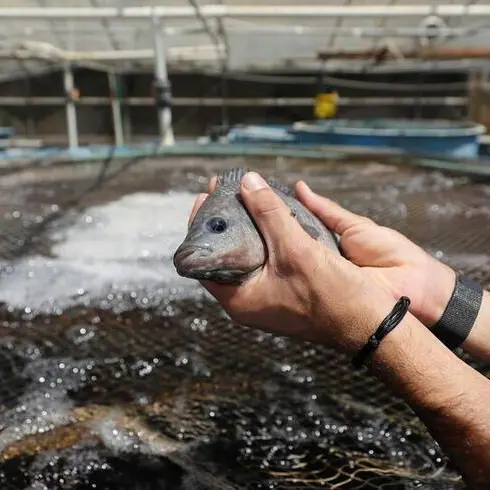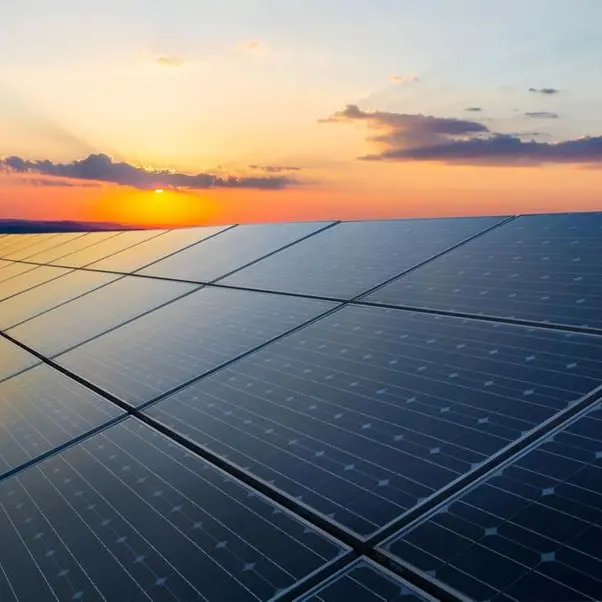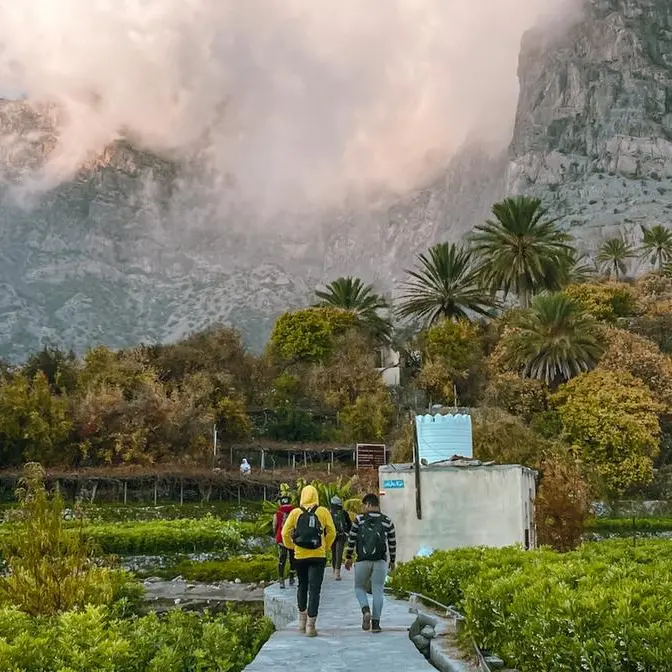PHOTO
CALI, Colombia: The nearly 200 countries meeting in Colombia for the United Nations COP16 summit must act urgently to mobilize billions of dollars to stop rapid nature destruction, U.N. leaders and national representatives urged as the talks opened on Monday.
"The planet doesn't have time to lose," COP16 President Susana Muhamad told the opening meeting in Cali, southwest of Bogota.
"We all agree that we are underfunded for this mission," said Muhamad, who is also Colombia's environment minister.
Two years earlier, countries adopted the landmark Kunming-Montreal Global Biodiversity Framework agreement with a list of 23 goals to help halt nature loss by 2030. COP16 is tasked with figuring out how to implement that agreement, which included finding $200 billion per year for conservation.
Countries established the Global Biodiversity Framework Fund last year, but speakers at the opening of the summit lamented that it has thus far only raised millions and not the billions envisioned.
On Sunday night, U.N. Secretary General Antonio Guterres chastised the delegates in a video message that the world was offtrack for meeting the 2030 goals. He said delegates must leave the summit with significant new investments having been made in the framework fund.
Brazil's top negotiator Andre Correa do Lago told the opening plenary the lack of donations to the fund raised concerns it would not be able to meet the framework's goals.
Developed countries agreed in the biodiversity framework to provide developing nations $20 billion annually already by 2025, an increase from $15.4 billion annually in 2022, the latest figures available from the Organisation for Economic Co-operation and Development (OECD).
Correa do Lago said that gap needs to be filled in a way that does not put developing countries further into debt.
Including finance, Muhamad listed a wide range of agenda items that needed to be accomplished for COP16 to be considered a success that included taking stock of nations' biodiversity pledges, ramping up inclusion of Indigenous in conservation decisions and agreeing on a way for countries to pay for sharing genetic material. (Reporting by Javier Andres Rojas in Cali, Colombia and Jake Spring in Sao Paulo Editing by Marguerita Choy)
